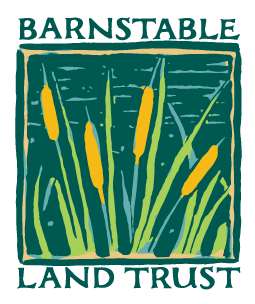Celebrating the Winter Solstice
The winter solstice may be the shortest day of the year, but it's also a chance to come together and celebrate the return of the light. The days are only getting longer from here!
Below are some fun ways to celebrate with family or on your own, and bring a little joy and light into your life on the longest night of the year.
Make a Luminary
A homemade luminary (or lantern) is a fun way the whole family can create a unique piece of art to brighten up the long night. Most supplies can be found in the home, plus you get to explore your backyard to find good leaves to decorate with!
Here are step-by-step instructions to make a lantern from recycled materials.
Here are instructions to make a lantern from tissue paper (we recommend using a bowl, NOT a balloon).
Make a Wreath
Wreaths are a classic decoration, and they’re so fun to make! Gather evergreen boughs and natural or recycled decorations from the house and yard.
Do you want to hang the wreath inside or outside?
Do you like a leafy, all-natural look, or do you like to add ribbons and other pops of color?
What cool items can you integrate to the design to make it really unique?
Click here for a wreath-making video. Bonus points if you use sticks instead of a metal frame, and recycled string or bread bag ties instead of florists wire!
Decorate a Tree
Does this sound familiar? Traditionally, evergreen trees were seen as a symbol of continual life, and decorated on the solstice with candles to symbolize stars, and trinkets to symbolize peoples wishes for the coming year.
If you haven’t decorated your tree, now is the time! If you have, maybe grab some extra evergreen boughs to decorate the mantle, your table, or another home surface that can use a little extra cheer.
Stargaze
Stargazing this month is extra special, because Saturn and Jupiter will be nearly aligned on the solstice! Plus, you'll be able to see Mars in the night sky as well, so it's the perfect evening for stargazing.
We recommend bundling up, grabbing some hot cider or cocoa, and heading out in the early evening. Saturn and Jupiter will be visible leading up to the solstice in the southwest sky from about 4-6pm, and Mars will be visible in the southern sky from about 4pm until after midnight.
On the solstice, Saturn and Jupiter will be very close together, and visible in the same field of view through binoculars or a telescope. In fact, this is the closest they’ve been in over two decades! They are also visible with the naked eye, and worth a few minutes in the chilly evening air.
Here are more details on how to spot the planets this week.
We hope you enjoy these fun activities. Be sure to share your photos with us, and tag us if you post them to Facebook or Instagram!



